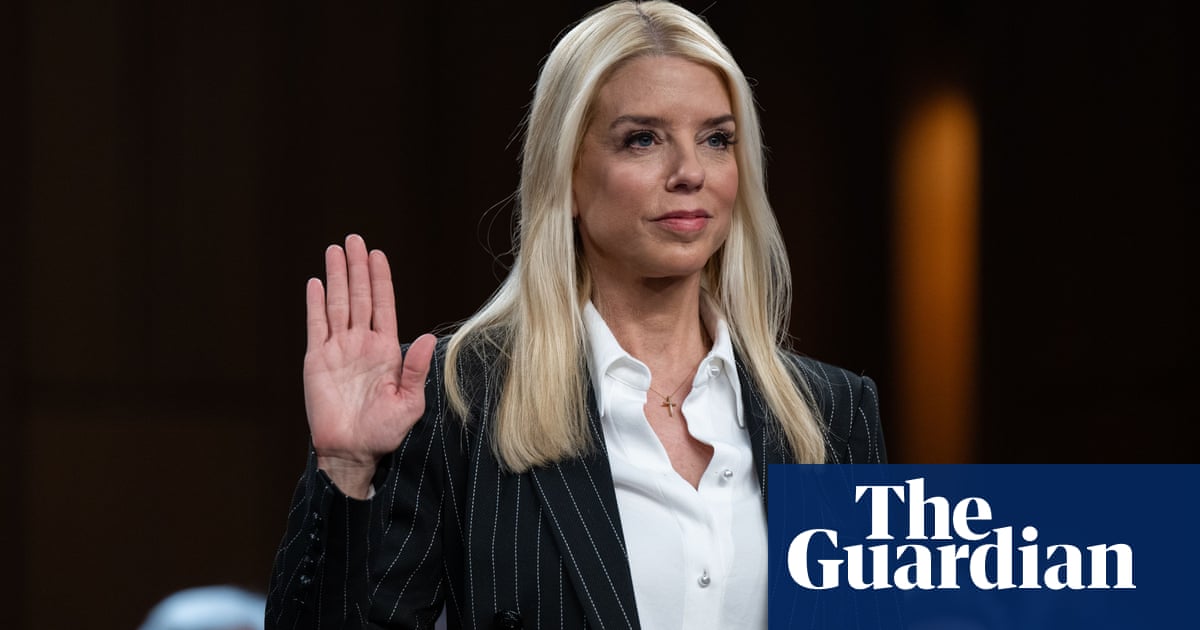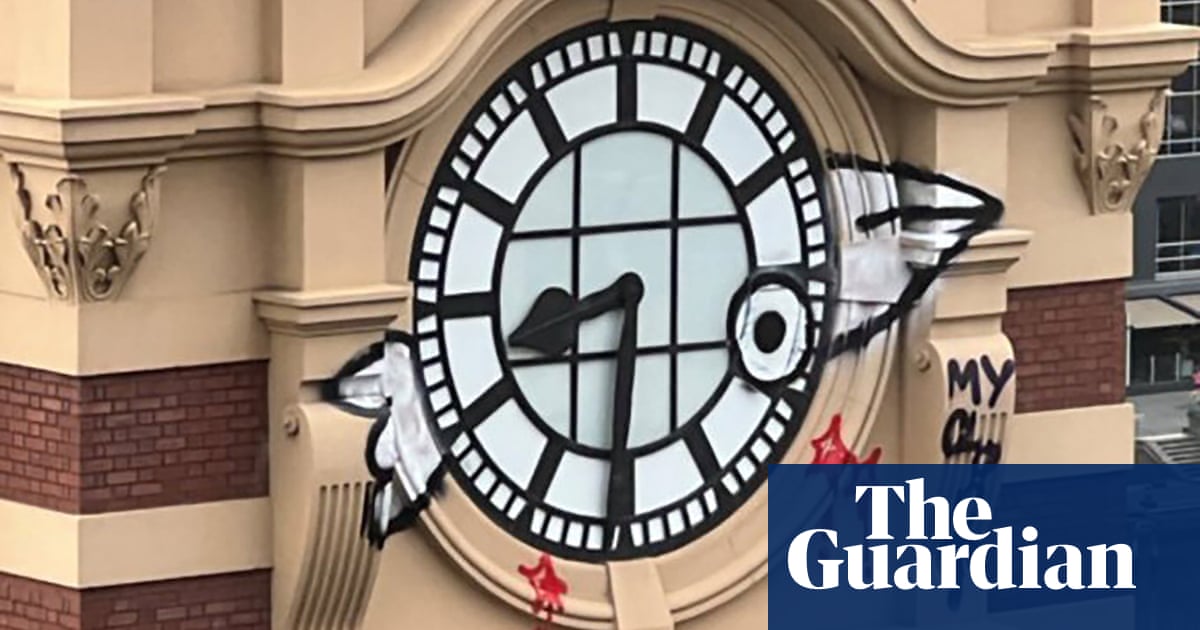The US Senate confirmed Pam Bondi on Tuesday as the next attorney general to steer the justice department through Donald Trump’s second term and his clear intent to turn it into an extension of his executive power, especially as a cudgel against his personal and political adversaries.
The 54 to 46 vote to confirm Bondi was largely across party lines. All Republicans voted to confirm and all but one Democratic senator, John Fetterman, voted against.
Bondi takes charge at a tumultuous time for the department, which has already been making sweeping personnel changes across senior leadership positions and last week fired the prosecutors who worked on the criminal cases against Trump at the direction of the president himself.
The upheaval means that Bondi faces an array of challenges. As attorney general, she serves at the pleasure of the president and needs to retain Trump’s confidence to survive. But her predecessors in Trump’s first term found it tricky to please Trump without crossing ethical or legal lines.
Trump replaced his first attorney general, Jeff Sessions, after he recused himself from the investigation into the Trump campaign’s contacts with Russia and, later, soured on his last attorney general, William Barr, after he refused to endorse Trump’s false 2020 election claims.
During her confirmation hearing, Bondi insisted the justice department would remain independent by continuing the policy that restricts interactions with the White House, and would not allow the FBI to pursue a list of Trump’s perceived enemies, as identified by FBI director nominee Kash Patel.
But both those pledges – perhaps the two most central for the justice department to resist political pressure from the White House – have already come under scrutiny in the days since Bondi vowed to follow the no-contacts policy and that there would be no “enemies list” under her tenure.
Morale has suffered among the department’s 115,000 employees as a result of the mass purges and the expectation that the department could in effect become an extension of the White House once Bondi is sworn in and if Trump more overtly leans on her to do his bidding.
The FBI, which is overseen by the justice department, has been battered by deep anxiety over its future and whether Bondi will actually rein in the more extreme impulses of Patel, a close and fiercely loyal ally of Trump’s, should he be confirmed as FBI director.
Last week, the acting deputy attorney general, Emil Bove, instructed the interim FBI director Brian Driscoll to produce a list of FBI agents who worked on cases against January 6 rioters and their respective roles in order to inform personnel decisions.
The list is widely expected inside the FBI to be used as the basis to fire agents and other employees who worked on cases that have angered Trump, after Bove fired scores of senior career officials who led components involved in the Trump criminal cases.
In the memo outlining the list, which was sent to the justice department as ordered earlier on Tuesday, Driscoll also confirmed that he had been told to fire eight senior executive officials at FBI headquarters unless they chose to take early retirement instead.
Bondi graduated in 1987 from the University of Florida and earned her law degree in 1990 from Stetson University. She was a county prosecutor in Florida before successfully running for Florida attorney general in 2010 in part due to regular appearances on Fox News.
In 2013, during Bondi’s tenure as Florida attorney general, her office received nearly two dozen complaints about Trump University and her aides have said she once considered joining a multi-state lawsuit brought on behalf of students who claimed they had been cheated.
As she was weighing the lawsuit, Bondi’s political action committee received a $25,000 contribution from a non-profit funded by Trump. While Trump and Bondi both deny a quid pro quo, Bondi never joined the lawsuit and Trump had to pay a $2,500 fine for violating tax laws to make the donation.
Article by:Source: Hugo Lowell in Washington












